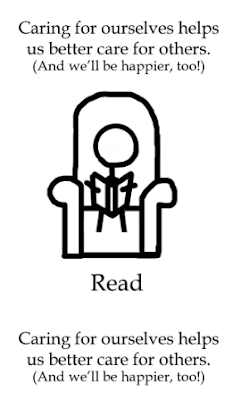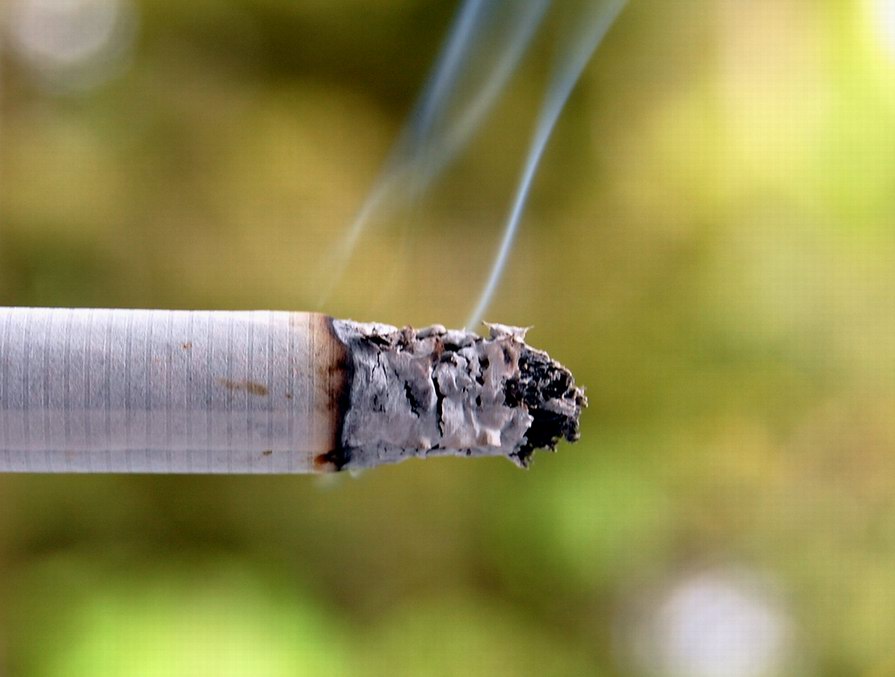November is National Caregiver's Month. A time to focus on those who care for others, expecially if that caregiver is ourselves. Dr. Vicki Bradley has created Self-Care Reminders for Caring Professionals and Family Caregivers to focus on those very special people. She has generously offered to write a four-part series about self-care and we'll be sharing it on the blog throughout the month.
“Filling up Our Giving Wells”
The metaphor of a Well has helped hundreds of people in my workshops (and me!) imagine caring for ourselves, so we can better care for others. This is the way it works: If our Wells are empty, then we don’t have much to give to others. If our Wells are full, then we can do great things for them. And, by the way, we have also found that caring for ourselves makes us happier, too! The following two self-care reflections use the Well metaphor to encourage caregiver self-care. Both reflections are adapted from my book, Self-Care Reflections.
Continuum of Self-Care
I offer the following options as a way to assess our own self-care. Remember, our family members need us (and we’re worth it). Our self-care matters!
“Empty Well” – Loss of Self
Signs – No good well-filling ideas; belief that there is no time to care for self
Feelings – resentful, depressed, pessimistic
“Half Full Well” – Struggling to Care for Self
Signs – May have good self-care ideas, but difficult to implement or remember
Feelings – tired, cranky, overwhelmed
“Full Well” – Self-Caring
Signs – “Self-care” flows in and “giving” flows out in equal measure
Feelings – grateful, happy
Where are you on the continuum of self-care?
If you want a “fuller Well” keep reading . . .
Tiny Buckets We may be worried that taking care of ourselves will be too time-consuming or difficult. However, some of the simplest ways to refill our Wells can be thought of as “tiny buckets.” Tiny buckets do not carry much water, but they are easy to carry. In other words, we can easily do simple things each day to care for ourselves. For example, I love being prepared to write at a moment’s notice. I really do like to write. A technologically-advanced gadget cannot fill this role in my life. I keep pens and scratch paper everywhere – on my desk, on the kitchen table, in my purse, and in my car. Any time I have an idea or remember something I need to do, I just write it down. I have a system that works for me. This “tiny bucket” really makes me feel good! Small things don’t take much time and can easily become part of our routine. Small ways of caring for ourselves can be easily implemented. All of the small ways to care for ourselves do add up to a fuller Well!
What are your “tiny buckets”?
The mission of Self-Care Reminders is to encourage caring professionals and family caregivers to care for ourselves, so we can better care for others (and we'll be happier, too). Contact Vicki to purchase the book Self-Care Reflections, or a set of Self-Care Option Cards, or to schedule a “Filling up Our Wells” workshop.


